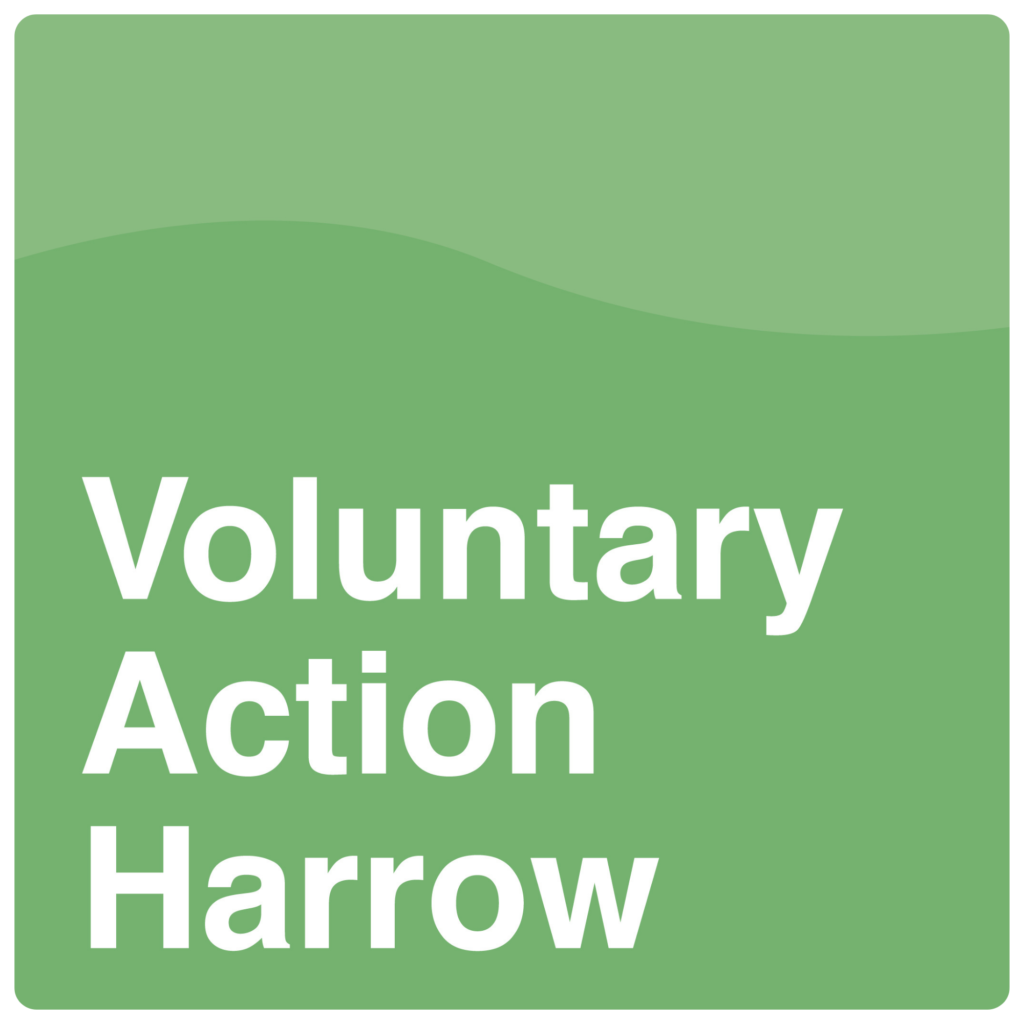Today it is not a task for everyone doing volunteering activities, particularly if you are volunteering in the environmental sector. This assumption is because the world is facing the most pressing challenges that society has ever seen. In this regard, nine planet boundaries defined by the Stockholm Resilience Centre, range from stratospheric ozone depletion to climate change. The international political sphere has addressed the latter during the last twenty-three years. However, does climate change need to be addressed by communities from a local perspective? The answer is yes. Climate change must be tackled not only in a political sphere but also in local and community actions.
“Think Global Act Local”
Urban communities are the primary recipients of the effects of climate change. This affects planning of cities and, for example, more than 60% of the world’s population lives in the cities’ coastal areas that are hardest hit by this phenomenon. For a long time has been heard the quote “think global act local” but it has been regarded as a slogan rather than a way to act. It is powerful in itself because it encourages people to act and take responsibility in their communities. In this sense, what does “global” means? It means taking into consideration the global challenges, but thinking solutions and implementing them in a local way. Local actions increase the possibilities of a green impact because they are reaching people who face environmental issues. Therefore, urban communities can be benefited from concrete measures directed to solve global problems.
The experience of volunteering on environmental issues
Now, I am turning the voice to myself. I have been volunteering since I was fourteen years old when I started research projects on natural restoration in my local community in Argentina. A passion for taking care of the environment was developing inside me, and along the years I continued working on those issues. To me, the notion of “Think global and act local” was taking into account challenges such as climate change, but also the needs of my community and then checking what was happening in the world to find solutions to those problems. After many years of volunteering with different non-governmental organisations, I decided to create my initiative to promote education for sustainable development at schools. With a small group of entrepreneurs, we created communication materials and the materials to develop different workshops at primary and high educational institutions. In this case, the local communities were benefited not because of the educational programmes delivered at schools but also because of the impact that young people made after being empowered with knowledge. In a nutshell, volunteering opened my mind to new ways of seeing the world, to new perspectives of witness what is happening around me. Mostly, volunteering opened my eyes to acknowledge that problems are global, but we must address them locally.
Patricio Roulier Pazos

